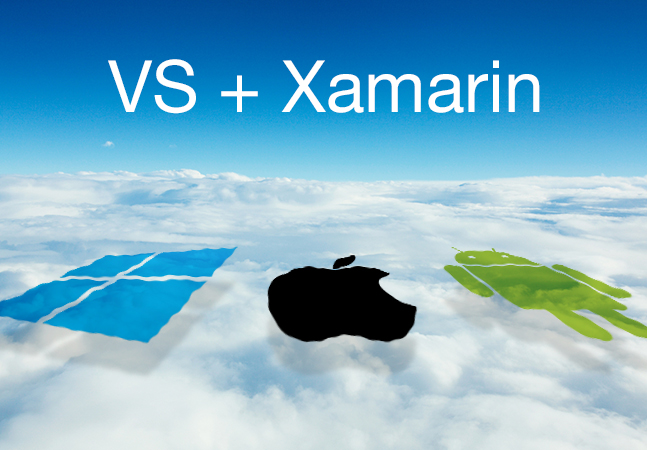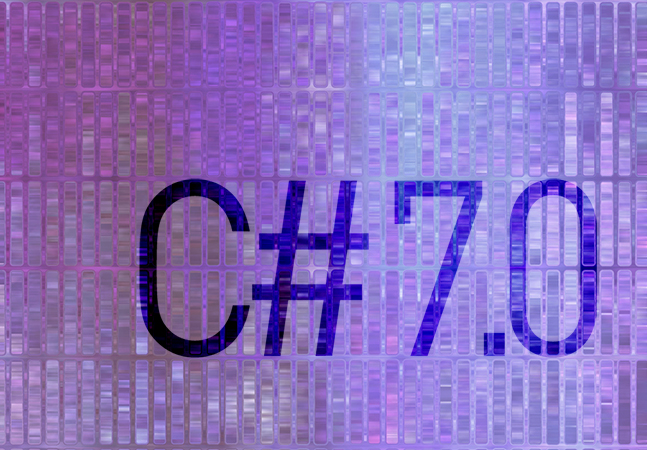
Microsoft has shipped a new release for R Open -- its enhanced distribution of the open source R programming language -- along with a release candidate for its latest TypeScript edition.

This has been an issue for a while and was just raised again with a new post on the Issues section of the Microsoft Cognitive Toolkit GitHub repository, an open source toolkit for commercial-grade distributed deep learning.

Although Microsoft's new Visual Studio for Mac 7.4 preview is mostly a "fix stuff" release, it does add support for Android Oreo 8.1 along with some productivity boosts for those coding mobile apps with Xamarin.

Amazon Web Services this week said .NET-centric developers using its cloud platform to write AWS Lambda functions can now do so in C# while leveraging .NET Core 2.0 libraries.

After several improvements to a popular Java debugger, the VS Code team has added more extensions to support JUnit testing, Maven, Tomcat and Checkstyle.

The just-released second Visual Studio 2017 15.6 preview continues to ease the previously cumbersome experience of hooking up to Mac machines for iOS development using Xamarin.

Performance, productivity and diagnostics are three areas of focus in new previews of the Visual Studio family just unveiled yesterday: Visual Studio 2017 Version 15.6 Preview 2 and Visual Studio for Mac Version 7.4 Preview.

Fifth update in the past three months improves expression evaluation, adds step filter for bypassing certain code.

The popular Unity game development platform has dropped its default Mono-based IDE in favor of Visual Studio products in order to leverage new C# and scripting features.

Microsoft, one of the tech giants attempting to take artificial intelligence-based development mainstream, has made two tools crucial to this effort generally available to developers interested in programming bots and using natural language interfaces.

Microsoft updated its Visual Studio Code extension for working with the Azure Data Lake for Big Data analytics in the cloud, furthering integration of the extension's data exploration tool among other new features and improvements.

At a recent Visual Studio Live! conference, the principal software engineer demonstrated the ins and outs of the new System.TupleValue functionality coming with C# 7.0, along with other new features such as pattern matching, local functions, "out" variables, throw expressions, generalized async return types and many more.

Microsoft this week published hands-on guidance for using its new Azure IoT Edge service, just launched as an extension for the Visual Studio Code editor in a public preview program.

The Visual Studio extension lets developers more easily develop UWP apps by providing built-in project types, a choice of app frameworks and different app pages that can sport various Windows 10 features.

Microsoft has published an Azure Application Architecture Guide to help cloud developers keep pace with new styles, approaches and industry trends while planning their projects.

Microsoft unveiled a new Quantum Development Kit for developers wanting to get in on the bleedingest of bleeding-edge technologies.

Microsoft announced a new tool to speed up the optimization of 3D models for mixed reality applications running on iOS, Android and Windows.

Microsoft's Nick Landry painted a bright future for AI-driven bots programming at the recent Visual Studio Live! conference in Orlando, detailing how to get started in the growing space with the company's Bot Builder SDK, Bot Framework and other resources.

For the 24th year the readers of Visual Studio Magazine have weighed in with your thoughts on products you love best for the 2017 Reader's Choice Awards.

As part of a wide-ranging collaboration with Pivotal Software, Microsoft's VS Code editor is getting improved support for Java and Pivotal's Spring Boot framework in the form of new and enhanced extensions.